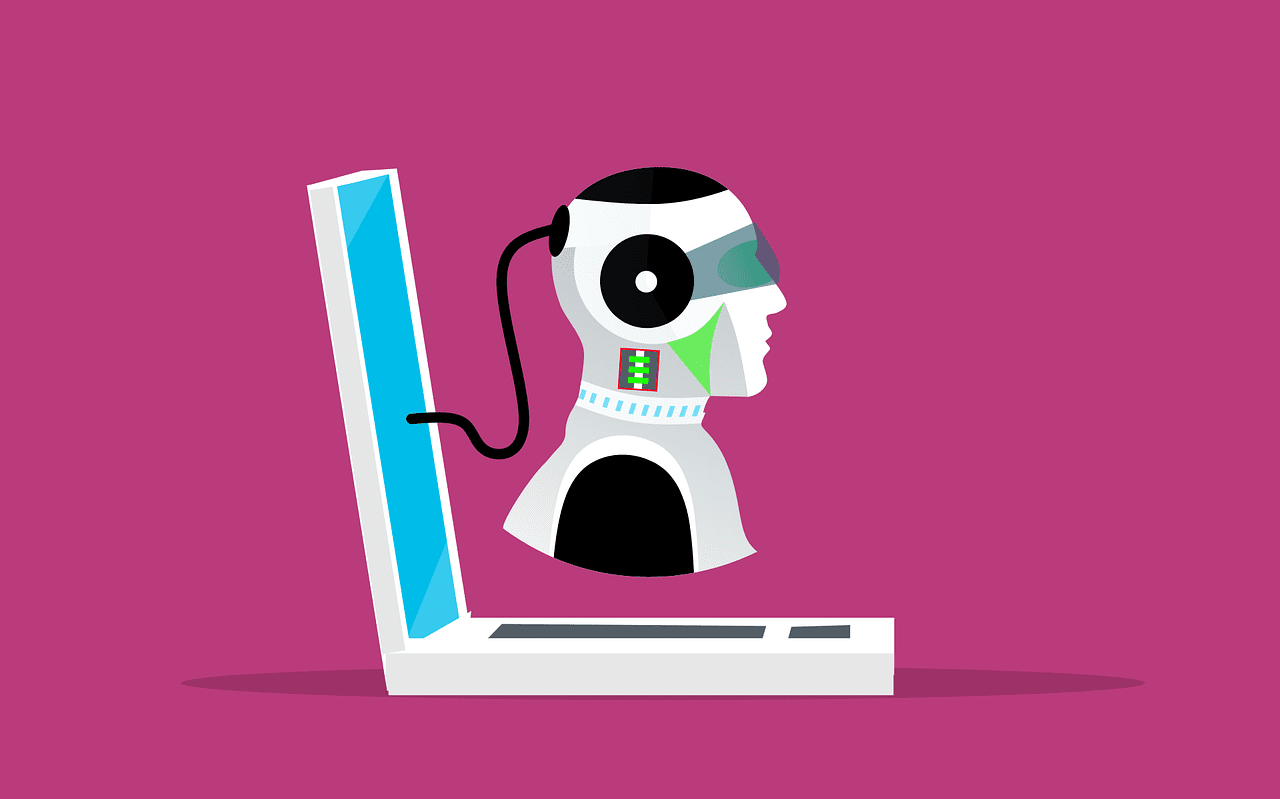Grieving is hard enough when we lose someone we love. It’s common to wish for just one more conversation, thinking it would bring comfort.
Emerging technology may offer a new way to grieve, but it comes with serious ethical considerations. In both Europe and the US, services are now available that can record a loved one’s voice and use AI to create interactive experiences. This technology analyzes recordings and online content—such as videos, blogs, and social media—to recreate conversations with the deceased. The idea is to provide a unique avenue for processing your grief and keeping a loved one’s memory alive.
Using AI in this way allows loved ones to ask questions and receive plausible responses from what has been called a “death bot, grief bots or, ghost bots.” This technology could enable future grandchildren, spouses, and other relatives or friends to interact with an artificial version of the deceased. Their voice and life interactions would be preserved, providing a unique form of comfort and connection that helps keep their memory alive for generations to come.
But is this a good idea? This is very different than when some people leave recorded messages behind when they die. The content and accuracy of those messages come directly from the person while living. Some people leave diaries, videos and other memories. But throwing AI into the mix raises a number of concerns.
One needs to ask, how accurate could this AI version of the deceased be? The death bot would use the information it could find about the deceased person, but does that mean, the responses it generates would be accurate and fully represent the person who lived?
Can third parties use the information generated? Who controls this information after a person dies? Maybe there would be an additional legacy created by AI that would not be approved. Would there need to be informed consent for information to be used in ways you could not imagine?
Most importantly, does this help grief? Grief can be complex and variable depending on so many factors. Does this bring closure to death or does it continue to foster a denial of death and potentially raise mental health issues? We don’t have much data regarding how this would impact the grieving process. One argument is that these death bots could help the grieving person regulate their emotions. But could you become co-dependent on the deceased and not move on with your life? And would a digitally mediated relationship even be healthy?
Just reading this might cause a visceral reaction. It did for me. There is something about interacting with a machine after death that makes me uneasy. It involves the divorce of the human body from any concept of personhood. Death loses its finality and it challenges the notion of what it fundamentally means to be human, a topic raised in sci fi movies for decades.
From a Christian perspective, we are made in the image o God with a body worthy of dignity and value. There is no Cartesian separation of the body from the mind. This type of grief technology eliminates the body and ultimately, cannot capture what it means to be human. A digital instrument has been created. It is based on what has been programmed, not who you are.
The body will one day be resurrected. We approach death through the hope of the resurrection embodied by Christ. Our life as believers does not point to death, rather to eternity with God.



